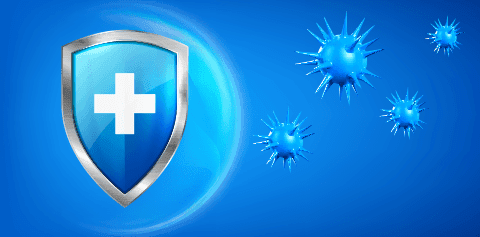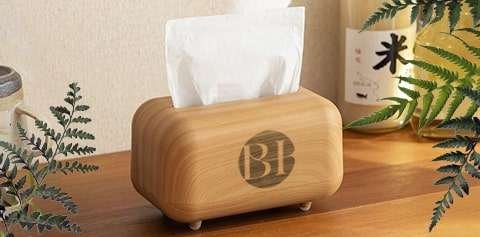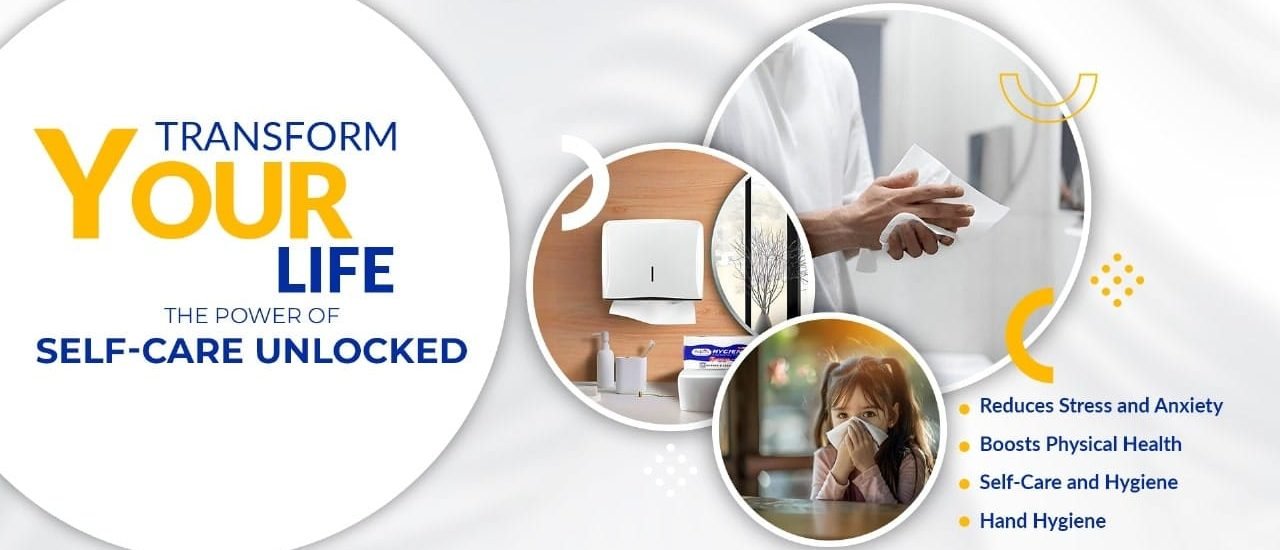
The Power of Self-Care Unlocked
By Shah Faisal Attari
Date: December 08, 2024
Imagine you are juggling work deadlines, family responsibilities, and the endless demands of daily life. Your phone buzzes every few minutes with notifications, your mind is racing with to-dos, and somewhere along the way, you’ve forgotten to check in with yourself. Stress builds, energy drains, and suddenly, everything feels overwhelming. Sound familiar?
In today’s fast-paced world, neglecting self-care has become all too common. We often push our own needs aside, believing we can’t afford to take a break. But in truth, self-care is not a luxury—it’s a necessity.
The World Health Organization (WHO) defines self-care as the ability of individuals, families, and communities to promote health, prevent disease, maintain health, and cope with illness and disability. With over 3.6 billion people worldwide lacking access to essential health services, the responsibility of self-care falls heavily on individuals. It’s more than just a buzzword—it’s about empowering yourself to take charge of your health and well-being.
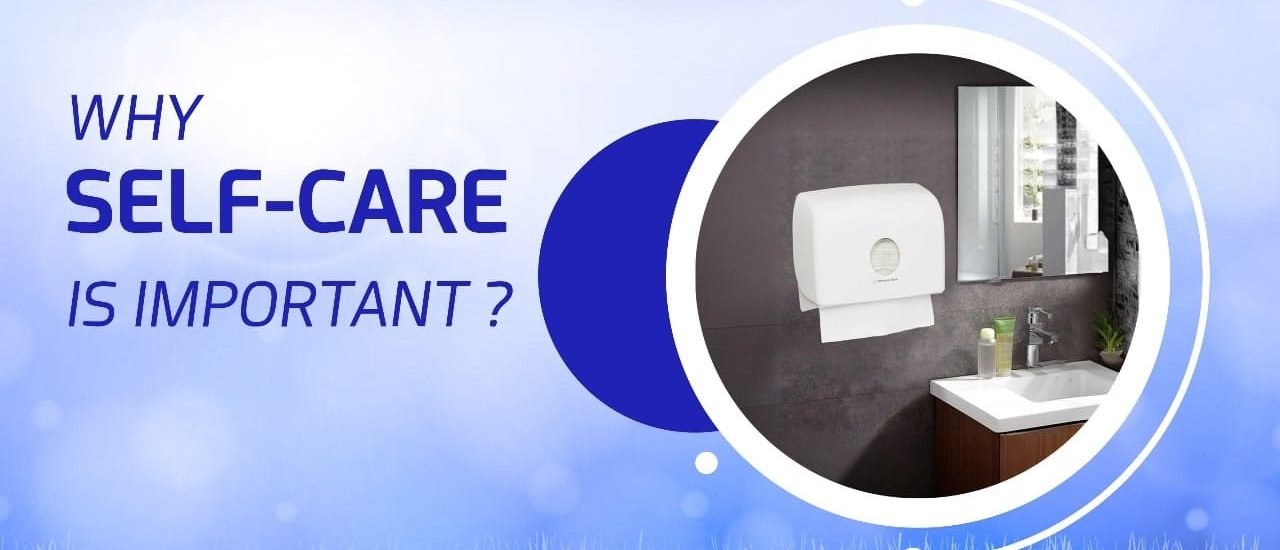
Why self-care is important?
Self-care isn’t just about bubble baths and relaxing retreats. It’s about the small, intentional actions that nurture your mental, physical, and emotional health. In a world where burnout is common and stress levels are high, self-care can make all the difference.
Here are the undeniable benefits:
- Reduces Stress and Anxiety: Regular self-care practices calm the mind and alleviate stress, helping you feel more cantered.
- Boosts Physical Health: By maintaining healthy habits like good hygiene, regular exercise, and a balanced diet, you protect your body and keep it functioning at its best.
- Improves Mental Health: Self-care helps with emotional regulation, resilience, and self-awareness, contributing to overall mental well-being.
- Increases Productivity: When you take care of yourself, you replenish your energy, making you more focused and efficient in your daily tasks.
- Builds Emotional Resilience: Self-care fosters the ability to cope with life’s challenges, building a foundation of emotional stability.
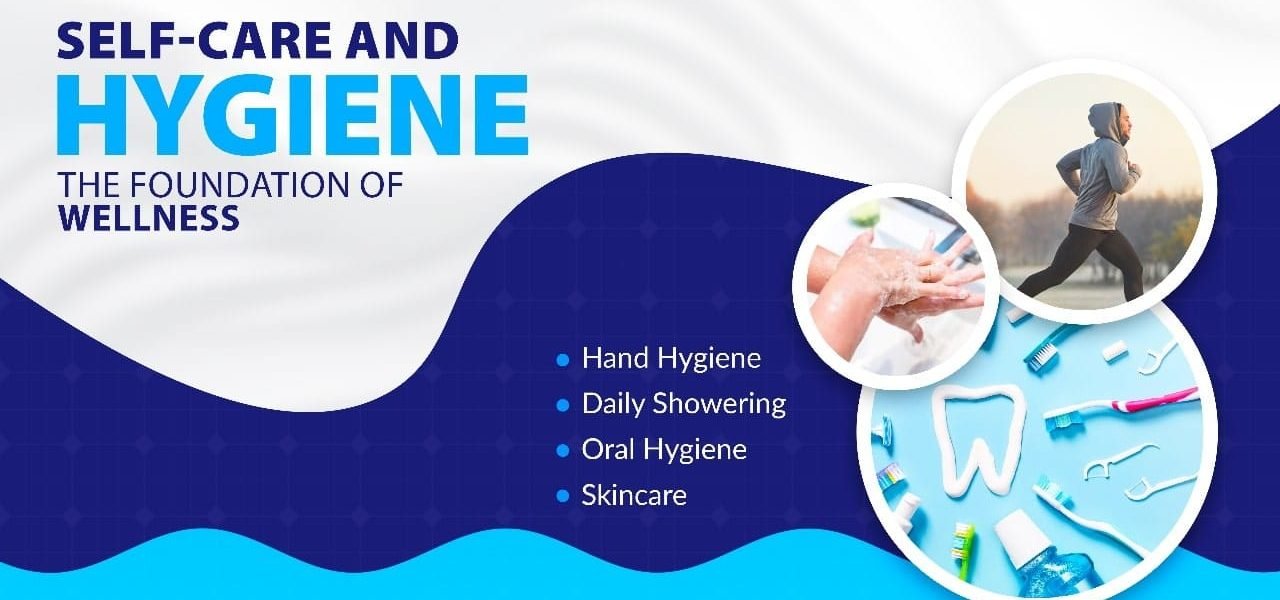
Self-Care and Hygiene - The Foundation of Wellness
Good personal hygiene is the bedrock of self-care. It’s not just about looking good; it’s about feeling good and maintaining your health. Proper hygiene practices prevent illness, boost self-esteem, and contribute to an overall sense of well-being.
Here are essential hygiene tips that you should incorporate into your self-care routine:
- Hand Hygiene
One of the simplest ways to protect yourself from infections is by washing your hands frequently. According to the US Centres for Disease Control and Prevention (CDC), regular handwashing can reduce respiratory illnesses by 16-21%. Make it a habit, especially before meals and after using the restroom. - Daily Showering
Taking a daily shower is more than a way to stay clean—it helps remove sweat, bacteria, and dirt from your skin, promoting overall hygiene. Plus, it’s an excellent opportunity to refresh your mind and body. - Oral Hygiene
Brushing your teeth twice daily and flossing are essential to prevent cavities, gum disease, and other oral health problems. Poor oral hygiene can even contribute to heart disease, making it a critical part of self-care. - Skincare
Your skin is your body’s largest organ, and taking care of it is vital. Regular cleansing, moisturizing, and applying sunscreen can help prevent conditions like acne, eczema, and premature aging. - Hair Care
Regularly washing your hair removes excess oil, dead skin cells, and dirt, promoting a healthy scalp. Proper hair care can also prevent dandruff and infections.
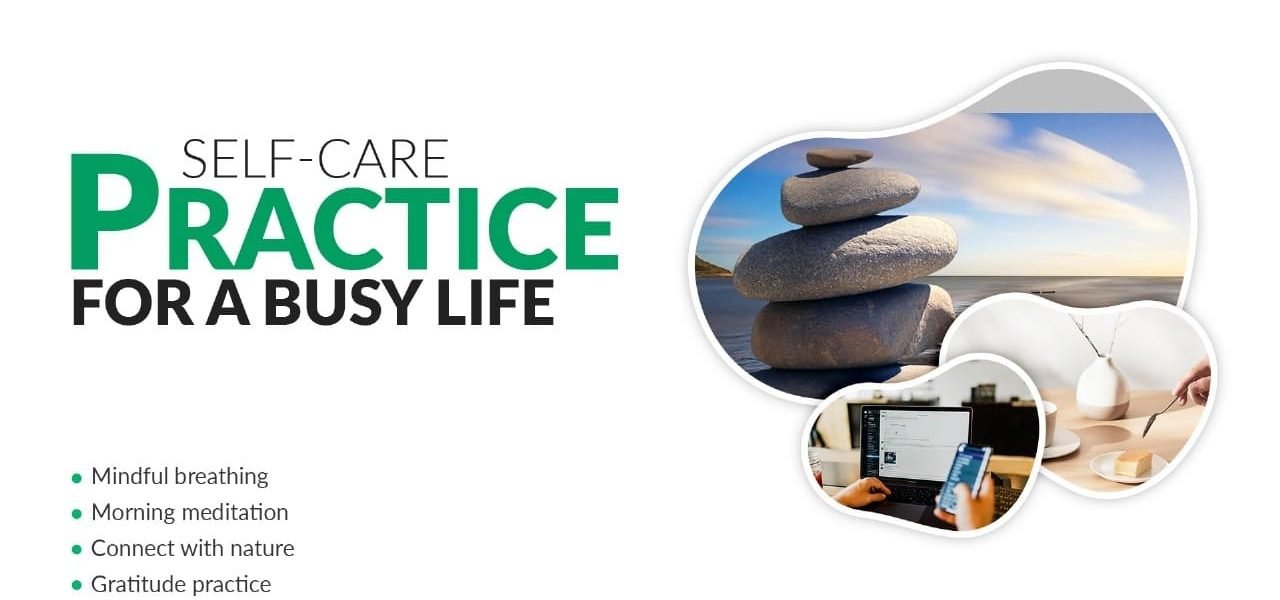
Self-care practices for a busy life
- Mindful breathing
Taking just five minutes to focus on deep, mindful breathing can help reduce stress and bring clarity to your day. - Morning meditation
Starting your day with a few minutes of meditation can ground you, helping you approach your tasks with calm and focus. - Connect with nature
Spending time outdoors, even if it’s just 15 minutes, can improve your mood, reduce stress, and boost your mental clarity. - Gratitude practice
At the end of each day, take a moment to reflect on three things you’re grateful for. This small practice can shift your mindset towards positivity and increase emotional well-being. - Setting boundaries
Learning to say “no” when necessary is a crucial form of self-care. Protect your time and energy by setting boundaries that prioritize your well-being.
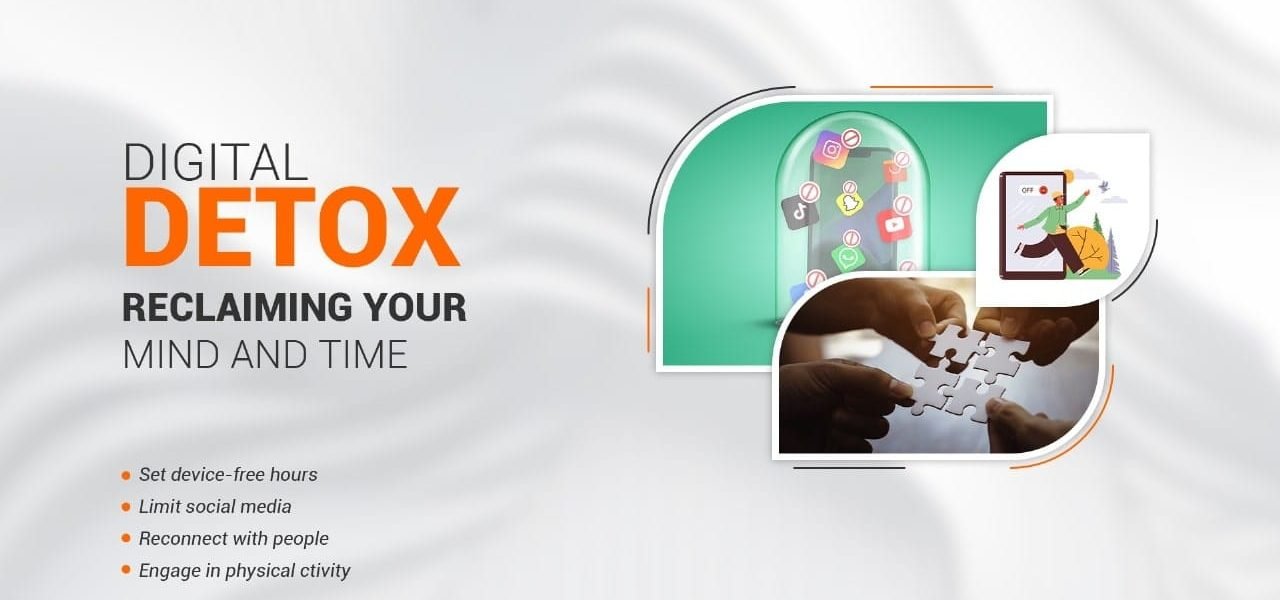
Digital Detox - Reclaiming Your Mind and Time
1.Set device-free hours Create specific times during your day when you go completely device-free. This could be during meals, the first hour of your morning, or the hour before bed. These small breaks can drastically reduce screen-related stress.
2. Limit social media Constantly checking social media can create a sense of urgency and interrupt your focus. Set boundaries by limiting your social media time, perhaps to just 30 minutes a day.
3. Reconnect with people Instead of texting, try calling a friend or, better yet, meeting them in person. Real-world connections are far more fulfilling and contribute positively to emotional health.
4.Engage in physical activity Use the time you’d typically spend on screens to engage in physical activities, such as going for a walk, working out, or engaging in a physical social work. Movement not only improves physical health but also helps clear your mind.
5. Explore new hobbies Dedicate screen-free time to hobbies like reading, painting, or cooking. These creative outlets can help you unwind and reduce stress.
A digital detox not only improves your mental health but also gives you back the time you might not have realized you were losing.
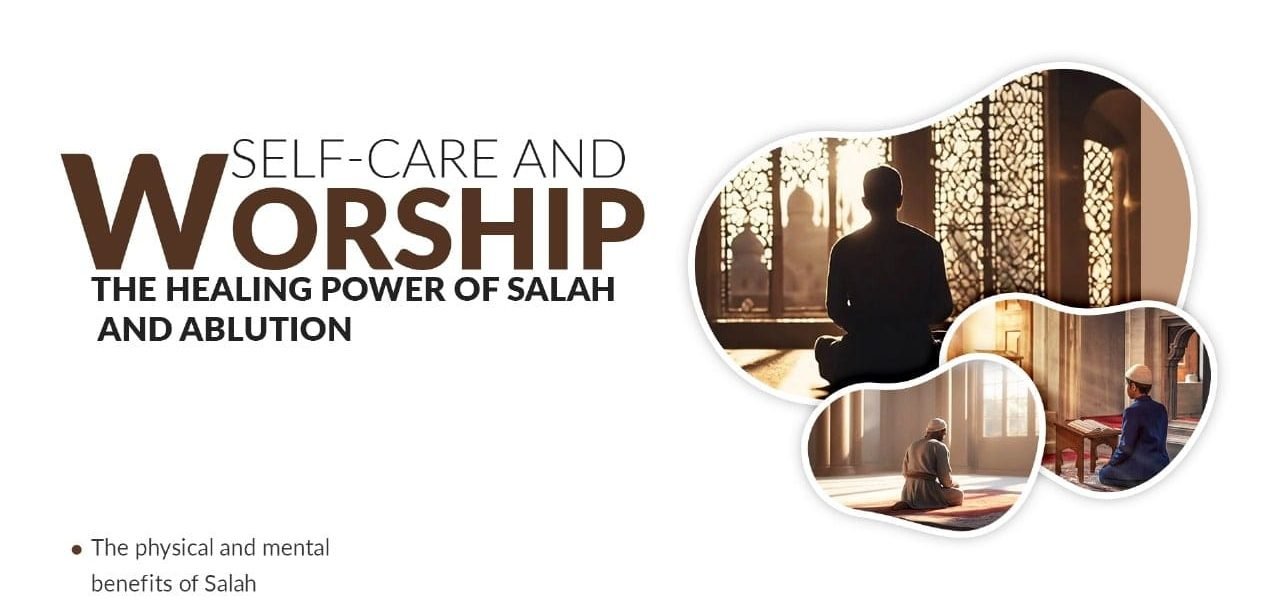
Self-care and worship - The healing power of Salah and Ablution
The physical and mental benefits of Salah
Salah, when performed mindfully, involves physical movements that mirror the benefits of moderate exercise. The various postures, from standing to bowing (Ruku) and prostrating (Sujood), engage different muscle groups, improve blood circulation, and enhance flexibility. These movements can help with posture, muscle toning, and joint flexibility. Salah also triggers relaxation responses in the body, reducing stress levels and promoting a sense of calm.
Salah offers psychological benefits, acting as a break from worldly distractions. The focus on reciting Quranic verses and connecting with a higher purpose fosters mindfulness, which can help reduce anxiety and mental fatigue.
Ablution (Wudu) and stress reduction
Ablution, (or Wudu) performed before Salah, is a cleansing process that involves washing the hands, mouth, face, arms, head, and feet. This ritual purification has been shown to have both physical and mental health benefits. Wudu can reduce stress levels, promote relaxation, and improve mental clarity by engaging the body’s parasympathetic nervous system.
Spiritual and emotional well-being
Beyond the physical and mental health benefits, the spiritual connection fostered during Salah and Wudu can enhance emotional well-being. Prayer serves as a moment of self-reflection and gratitude, offering a space to cultivate inner peace and emotional balance. The act of bowing and prostration has been linked to feelings of humility and grounding, which can help alleviate feelings of loneliness or isolation.
Overcoming self-care obstacles
- Time constraints You don’t need hours to care for yourself. Start with just five minutes a day and gradually increase as you find what works for you.
- Guilt or shame Remember, self-care is not selfish. You can’t pour from an empty cup. By taking care of yourself, you’re better equipped to support those around you.
- Perfectionism Self-care isn’t about doing everything perfectly. It’s about doing what you can, when you can, and being kind to yourself along the way.
Conclusion - Self-care is essential
Self-care is more than a practice—it’s a mindset. It’s about making intentional choices every day that nurture your body, mind, and soul. From practicing good hygiene to setting digital boundaries, these simple acts have the power to transform your life.
Remember, taking care of yourself is the best investment you can make. Start small, stay consistent, and soon, self-care will become second nature.

